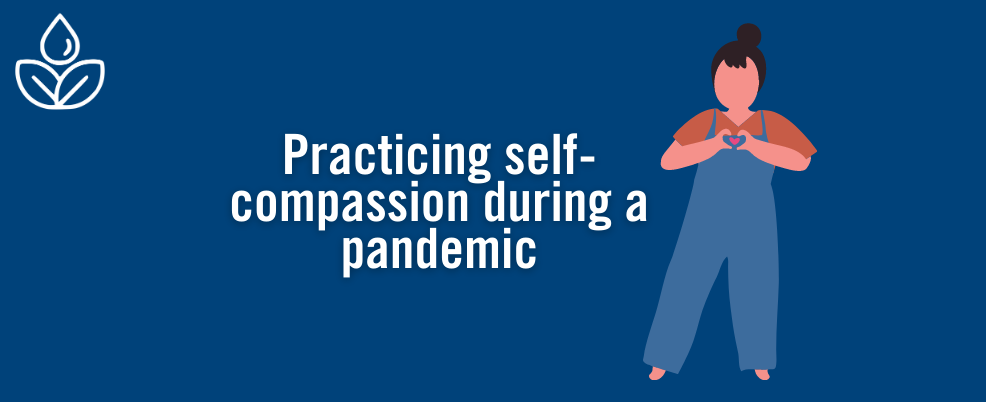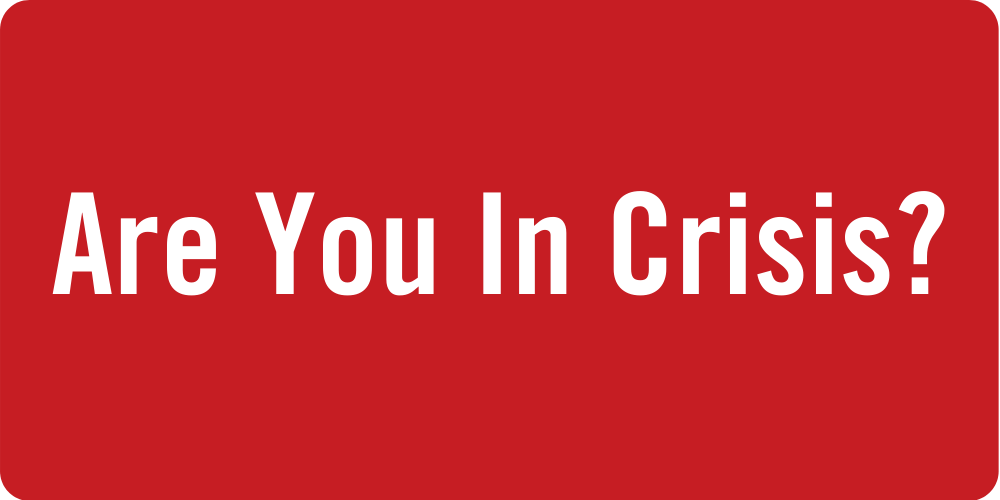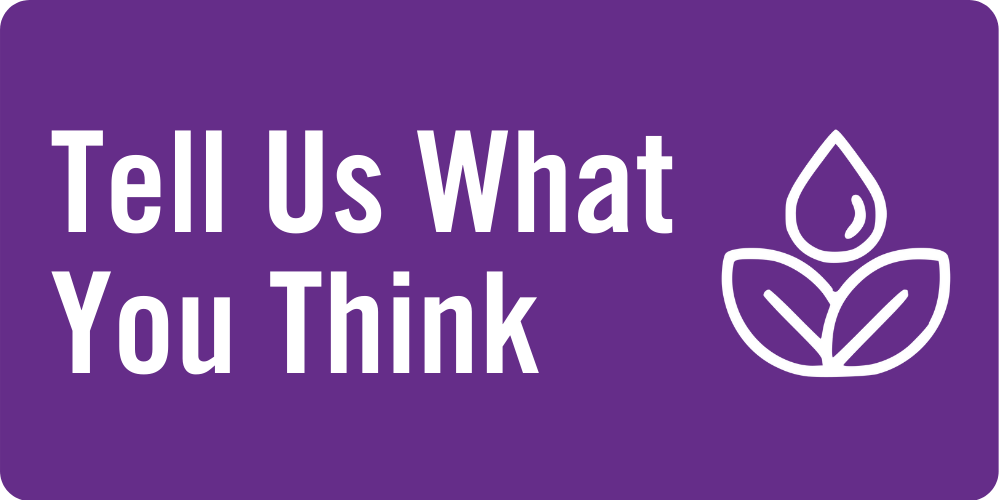Practicing Self-Compassion During A Pandemic
If you are struggling right now-physically, mentally, socially, academically- you are not failing. A pandemic is not the ideal situation for anyone and this is not how you thought the year was going to go. Being kind to yourself and practicing self-compassion can help.
Self-compassion is a key part of being resilient (a word you have surely heard many times over the past 8 months). If you aren’t sure what self-compassion means or where to start, just treat and talk to yourself like you would a good friend. We tend to be kinder to others than we are to ourselves.
For more information about self-compassion, look to Dr. Kristen Neff, a pioneer in the field of self-compassion research. She describes three elements of self-compassion:
1. Self-kindness vs. Self-judgment.
Self-compassion entails being warm and understanding toward ourselves when we suffer, fail, or feel inadequate, rather than ignoring our pain or being self-critical. Self-compassionate people recognize that being imperfect, failing, and experiencing life difficulties is inevitable, so they tend to be gentle with themselves when confronted with painful experiences rather than getting angry when life falls short of set ideals. People cannot always be or get exactly what they want. When this reality is denied or fought against suffering increases in the form of stress, frustration and self-criticism. When this reality is accepted with sympathy and kindness, greater emotional equanimity is experienced.
2. Common humanity vs. Isolation.
Frustration at not having things exactly as we want is often accompanied by an irrational but pervasive sense of isolation – as if “I” were the only person suffering or making mistakes. All humans suffer, however. The very definition of being “human” means that one is mortal, vulnerable and imperfect. Therefore, self-compassion involves recognizing that suffering and personal inadequacy is part of the shared human experience – something that we all go through rather than being something that happens to “me” alone.
3. Mindfulness vs. Over-identification.
Self-compassion also requires taking a balanced approach to our negative emotions so that feelings are neither suppressed nor exaggerated. This equilibrated stance stems from the process of relating personal experiences to those of others who are also suffering, thus putting our own situation into a larger perspective. It also stems from the willingness to observe our negative thoughts and emotions with openness and clarity, so that they are held in mindful awareness. Mindfulness is a non-judgmental, receptive mind state in which one observes thoughts and feelings as they are, without trying to suppress or deny them. We cannot ignore our pain and feel compassion for it at the same time. At the same time, mindfulness requires that we not be “over-identified” with thoughts and feelings, so that we are caught up and swept away by negative reactivity.
Visit her website for self-compassion guided meditations and exercises you can try to build up this skill.
The stress of these “unprecedented times” is not going to magically disappear as a result of practicing self-compassion but your response to unpredictability and uncertainty in your environment can and will change.




